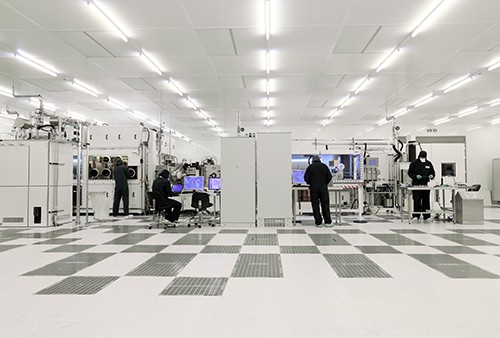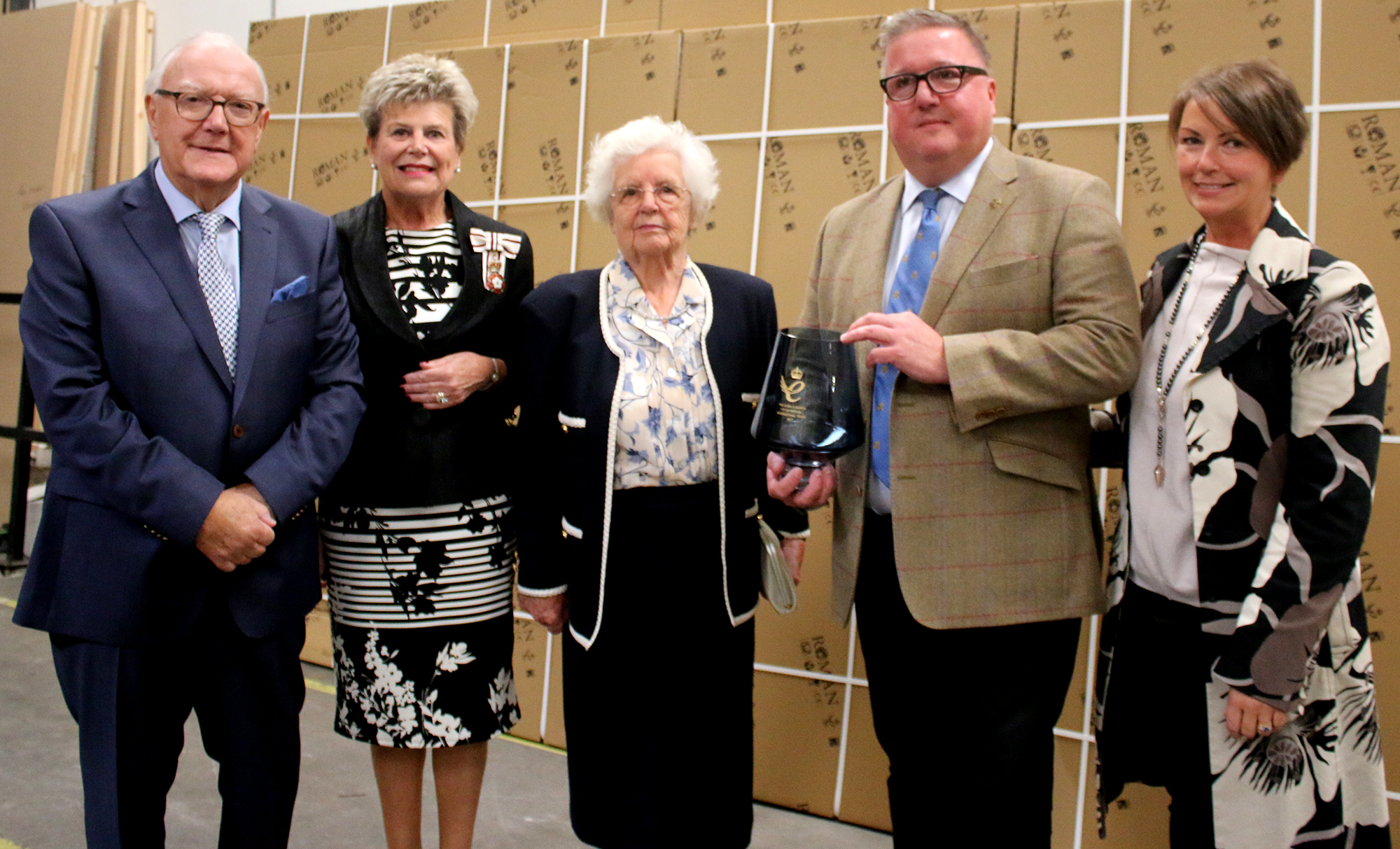CPI Newton Aycliffe has collaborated with Professor Kylie Vincent and Dr Holly Reeve at the University of Oxford to support the scale-up of a technology named HydRegen, a novel means of recycling NADH, a critical but very expensive component of many biocatalytic reactions. Biocatalysis provides safer and more sustainable chemical processing by using enzymes in place of metal-based catalysts (which are often toxic) and replacing flammable organic solvents with water. Scaling up production of HydRegen will allow the University of Oxford to evaluate the technology in an industrial setting.
Enzyme catalysts produce highly pure chemical products, thus minimising the need for expensive purification. They are therefore of particular interest in the production of pharmaceuticals, flavourings and fragrances. However, a constant feed of the expensive cofactor NADH is a requirement in many biocatalytic reactions and this has hindered industrial adoption of the technology.
HydRegen overcomes this limitation and provides an inexpensive solution for large-scale biocatalytic reactions. The technology immobilises enzymes from the bacterium Cupriavidus necator onto carbon beads. In the presence of hydrogen gas these enzymes readily recycle the NADH consumed in the reaction, creating a much more efficient biocatalytic platform. The immobilised enzymes are easily recovered from the final product, ultimately leading to a more sustainable and cost-effective process.
Initially, CPI has worked to adapt Oxford’s bacterial growth protocol in order to attain the biomass concentration needed for large-scale production of the enzymes. CPI’s extensive experience in scaling up biotechnologies at the National Industrial Biotechnology Facility enabled them to successfully achieve a 10-fold higher biomass than previously reported. Further work aims to increase the yield of enzymes harnessed from these cultures.
Kylie Vincent, Professor in Inorganic Chemistry at University of Oxford, said: “This collaboration is exciting because it will allow us to fully evaluate HydRegen in an industrially-relevant setting. If HydRegen outperforms traditional chemical synthesis as expected, then it will open the door to the use of enzymes across the chemical industry, which is a crucial step for a more sustainable future”.
BaiJia Tang, Project Manager at CPI, said: “Our team at the National Industrial Biotechnology Facility has extensive experience in the scale-up of biomanufacturing processes, and we are delighted to be working alongside the Vincent Group to produce their HydRegen technology. We are very interested in the potential that HydRegen has for making biocatalysis more economically viable.”










